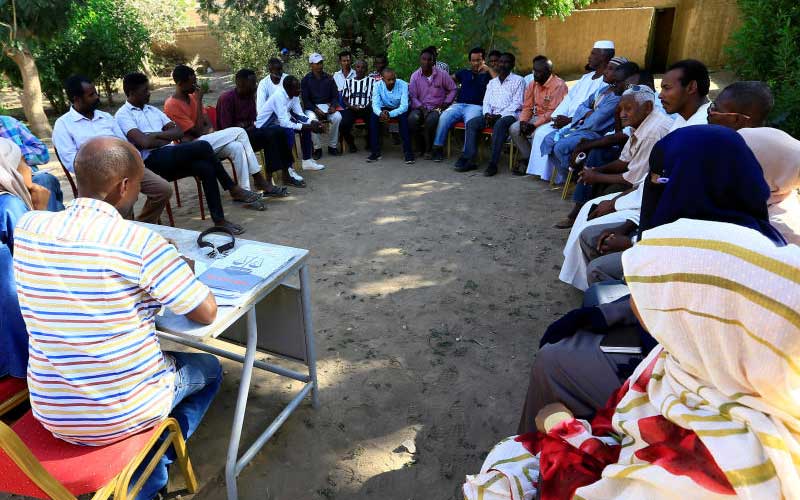×
The Standard e-Paper
Smart Minds Choose Us

Standing on the platform where he and other protesters packed a train to Khartoum in April to pressure Sudan’s military to share power with civilians, Abdelaziz Abdallah made clear the revolution has much further to go.
A veteran railway worker turned union leader, Mr Abdallah was among the first to take to the streets in this labour stronghold in December, sparking a national uprising that toppled long-time ruler Omar al-Bashir almost four months later.